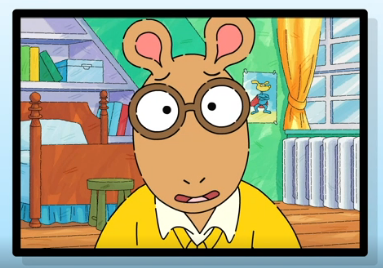 Is your child having trouble developing friendships? Help him feel more confident with these tips and activities for making friends at school.
Is your child having trouble developing friendships? Help him feel more confident with these tips and activities for making friends at school.
How to Nurture Social Skills
Practice saying hello. Encourage your child to address someone new and ask for his name. Or suggest an activity your child can play with a peer. Your child can also practice greeting techniques with family members and family friends until he becomes more comfortable with the norms of meeting someone new.
Start with small steps. “Begin by exposing your child, little by little, in small increments each day, to social situations. Through the safety of your parental involvement, your child will learn how to feel confident and safe,” Dr. Gail Gross, Ph.D., a psychologist and child development expert in Houston, Texas says. So skip that drop-off birthday party with two dozen kids and instead opt for a short walk to the frozen yogurt store with the next-door neighbor and her daughter.
Plan a playdate at home. “Shy children feel more comfortable in their own home, so host a playdate at your house and provide an activity that requires less conversation and more participation,” Rachelle Theise, Psy.D., a clinical assistant professor and child psychologist at the NYU Child Study Center in New York City suggests. This way your child won’t be overwhelmed with a new environment while working on her shyness.
Maintain a presence. “In the beginning it is important to be there for your child consistently when she interacts with other children,” Dr. Gross explains. “If you structure a playdate, hang around so that your child is supported by her home team.”
Build trust. When you set up playtimes, make sure they have a beginning and an end that can be clearly adhered to. “If you tell your child that he is going to visit his friend for 30 minutes, make sure you say goodbye and leave after 30 minutes,” Dr. Gross says.
Advice for Keeping Friends
Kids can usually forge their own relationships, but they may need help navigating these social situations.
If her bestie says she doesn’t want to be friends anymore: Miscommunication causes a lot of drama, so help your child practice the words to tell a pal when she is upset, suggests Bonnie Toth, a preschool teacher in Las Vegas.
If he needs to apologize: Teach your kids to be specific about what they’re sorry for, suggests second-grade teacher Janet Nasir, mom of two in Rancho Cucamonga, California. Then have them follow up with, “How can I make you feel better?”
If she thinks she’s done nothing wrong: First-grade teacher Lauren Tingley, in Red Bluff, California, refers to the book How Full Is Your Bucket? by Mary Reckmeyer and Tom Rath. “I’ll say, ‘Are you being a bucket filler or a bucket dipper?’ Sometimes that helps my daughter see that she is being catty.”
If he says he has no one to play with at recess: Suggest he ask someone to play instead of waiting to be asked to join in. Nasir says that’s often all it takes!
Activities to Encourage Friendship
Even if your child isn’t shy, helping her make friends doesn’t just mean signing her up for social group activities. There are a variety of ways to help shape her view of friendship, develop her social skills, and provide opportunities for her to connect with other children with similar interests and values. Examples include:
- Read (and talk) about friendship
- Play games
- Help someone else
- Provide play opportunities
- Show off your social skills
Excerpted from “How to Help Your Child Make Friends” in Parents magazine. Read the full article online for additional details.
Source: Parents | How to Help Your Child Make Friends, https://www.parents.com/kids/development/friends/making-friends |
If you have concerns about your child, CHC Care Managers can arrange a free 30-minute consultation so you can explore options with an expert. We invite you to call or email our Care Managers at 650.688.3625 or careteam@testing.chconline.org to set up an initial Parent Consultation appointment. CHC teletherapy services are available now.
This resource is filed under:





